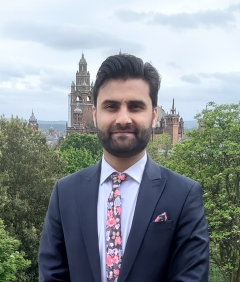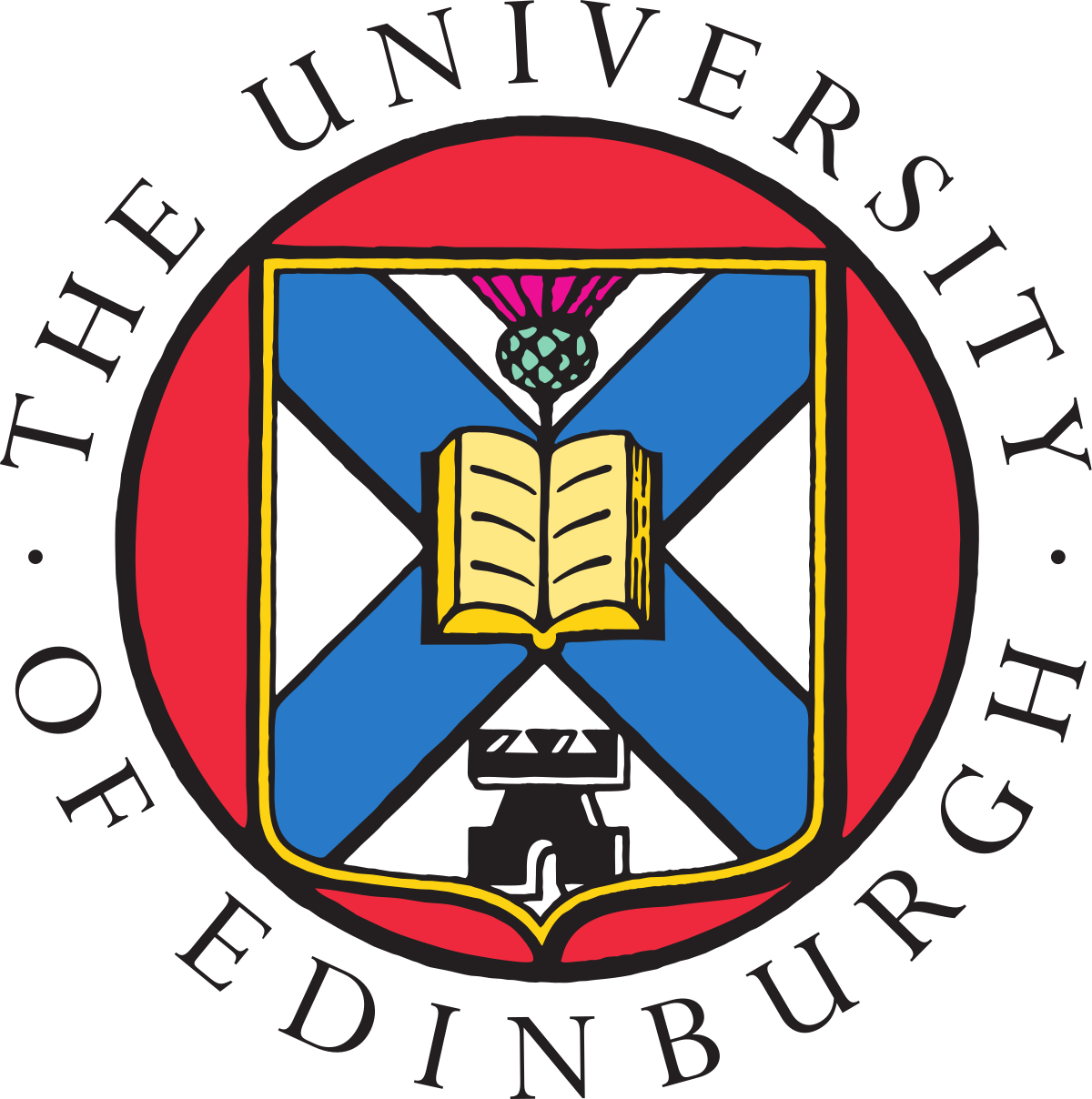University of Edinburgh’s Refuge Scheme Commemorates Landmark Anniversary
An organisation that supports academics forced into exile or at risk due to persecution, violence or conflict is celebrating 90 years of work.
The Council for At-Risk Academics (Cara) was established in 1933 in response to Hitler’s decision to persecute and expel hundreds of scholars from German universities on racial grounds.
Cara assisted many renowned academics during the Second World War including prominent neuroscientist Marthe Vogt and Nobel Prize winner Max Born – both of whom came to the University of Edinburgh.
It is now the UK’s lead organisation in supporting temporary sanctuary for academics who have been forced into exile or are at risk due to persecution, violence or conflict. Cara also supports higher education institutions whose work is at risk or compromised.
An anniversary event to celebrate the milestone was held at the Royal Society in London in September.
During the event, the University of Edinburgh’s Alan Mackay, Deputy Vice-Principal International and Director of Edinburgh Global, spoke to attendees about the importance of the University’s work with Cara.
We are immensely proud of our partnership with Cara and this important milestone gives us the opportunity to celebrate and recognise the work that takes place to support our colleagues who are seeking protection.
Protecting scholars
The University of Edinburgh has a long history of supporting staff and students displaced by distressing global circumstances.

The University was a founding member of Cara and was also Scotland’s first University of Sanctuary – an accreditation for institutions that demonstrate a welcoming culture for academics and young people seeking sanctuary.
Working with Cara, the University has supported displaced academics from a number of countries affected by conflicts, including Afghanistan, Yemen and, most recently, Ukraine.
Last year, the University announced ten fully-funded two-year places for at-risk academics, over and above its existing support.
Ongoing support
The University is currently hosting six fellows and their families in Edinburgh, with two more fellows arriving soon.
Among these is Amanullah Ahmadzai, a Research Fellow at the Edinburgh Law School.
Amanullah was forced to leave Afghanistan in 2022. He has been able to continue in his academic profession after he and his family moved to Edinburgh with the help of the University and Cara.
Being an immigrant, it could be challenging to stay in academia. Some Afghan academics haven’t gotten the chance to continue their academic profession, while in exile. I am lucky that I have received the generous support of the University of Edinburgh and Cara to continue the profession.
Salim (name has been changed) lost his academic job overnight and his reputation with it. His home nation was in chaos and everything in his life changed.
Since moving to Edinburgh with his family, he is now re-establishing his career at the University with the support of Cara.
Coming to Edinburgh was like a shipwrecked person reaching a sunny and calm beach after a stormy sea. Seeing that the staff here did their best and sincerely wanted to help in every way possible was the greatest support.

